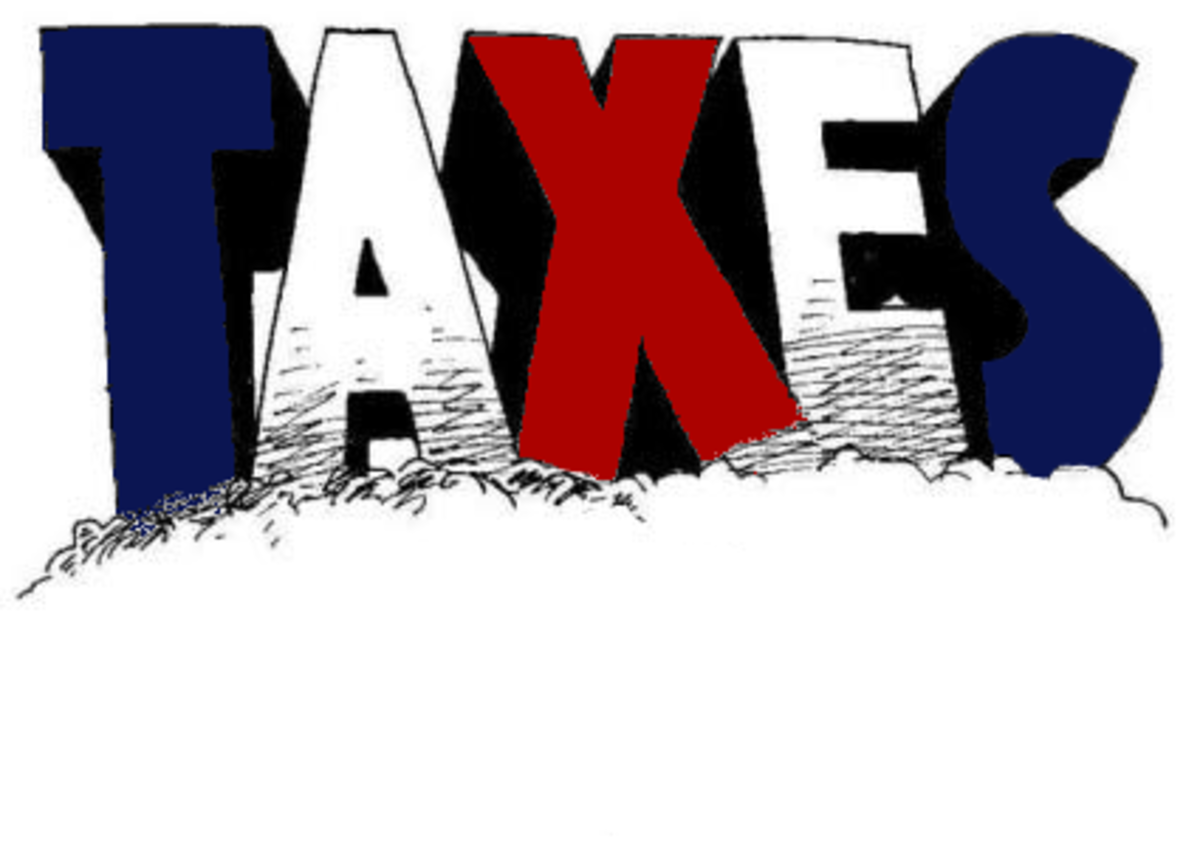Would a fair tax system have a positive impact on our economy?
The status of our economy and our deficit is in need of a change to the method of taxation currently now in place. Our current tax system is without a doubt is cumbersome and confusing and businesses must have individuals dedicated to ensuring tax laws are not violated in operating their business or organization. Individuals also have issues with the present system in making sure they to do not violate tax laws. The current deficit is climbing as we speak and unless something changes in the structure of our government including the tax system it will continue to climb. Government must have the income to meet their present obligations but obligations can change if Congress takes appropriate actions.
In the new Congress according to some reports there appears to be an increase in the support for a fair tax system and a bill in the Congress was re-filed. The legislation is titled The Fair Tax Act. While this legislation has been re-filed in the House of Representatives with the increased support there is also increased support in the Senate. The main principles of a fair tax system is to eliminate income taxes, payroll taxes, estate taxes and gift taxes among others and replacing them with a fair tax system which addresses bringing in the income the government needs to function. Some may say this is drastic action with regards to our tax system but in these economic times drastic action is needed.
Our current tax system is a burden on both individuals and businesses. As previously stated our current tax system is cumbersome and needs to be simplified. One of the main objectives of a fair tax system is to simplify the tax code to reduce the burden on American citizens. Another point for a fair tax system is it would eliminate wasteful tax breaks for special interests and remove corporate tax loopholes. One of the changes in the recent fiscal cliff deal was to raise taxes on individuals and businesses who earn more than $400,000 and $450,000 for couples. Additionally a fair tax system would get rid of extra tax breaks for millionaires and cracks down on cheaters to close the tax gap.
Changing our tax system will not be an easy task but changes must be made. Those who understand a fair tax system as identified in the bill in Congress know it will provide additional revenue for businesses and individuals to spend. Spend is the key word in this picture. If we as individuals or business owners have more money available it would cause increased demand for products and services. The point to be made in removing income taxes, payroll taxes and estate taxes is that it must be replaced with something. The objective is to create a consumption tax. As individuals or businesses buy products or services it would mean more money for government responsibilities in addition to lower unemployment. The consumption tax as it is identified would apply to federal tax requirements and does not eliminate state or local tax requirements.
Some objectives of the fair tax system which some have identified is the uncertain amount of income the system would generate. The present tax system also has some uncertainty but current income taxes paid to the government can be tracked to know the amount of income being generated. I feel the same would be in place for a consumption tax. The amount of consumption tax to be imposed is in question as legislation progresses in Congress but the figures for GDP (gross domestic products) indicate an output of over $15 trillion while sales in the past have indicated a total of $5 trillion. Combining these two figures would be over $20 trillion our economy generates in a given year. Having a consumption tax applied to these entities could generate the necessary income the federal government needs to meet their obligations. Together with consumption tax there needs to be a decrease in government spending but common sense must be applied to the process.
Currently the 16th amendment identifies an income tax to be levied for the country. To resolve a problem with removing this amendment it could be kept in place by reducing income tax rates for all individuals to .01%. Tax rates can be changed by Congress without making changes to the 16th amendment. Granted imposing a consumption tax at a sensible rate would seem like we are paying more when purchasing products or services. While this may be true when comparing what we now have to spend and the income taxes we now pay each year we would have more dollars to spend for the things we need and want. As we spend the extra income more money would be raised to fund the government through the consumption tax. There will undoubtedly be some exceptions to a consumption tax which would adjust the projected income from such a system. The big picture needs to be examined as to the positive impact on our economy with a more simplified tax structure than the current one we have in place.
Having a fairer and more simplified tax system would promote economic growth, enhance productivity and increase international competitiveness. Economic growth is badly needed in our economy and while there may be some concerns about changing our tax structure to such a system it would resolve the uncertainty for businesses. Uncertainty for businesses is a job killer for our economy. Each year changes to our tax structure and rules/regulations. The present system creates uncertainty which prevents businesses from making investments or expanding their business in addition to hiring new employees. As more people are working more money is available to purchase products and services which under a consumption tax system creates more revenue for federal government responsibilities.
It is true that major issues are in need of resolution to our tax and spending culture in Congress. The financial status of Medicare and Social Security in addition to our deficit must be resolved. One aspect of a consumption tax system would be to apply some of the revenue to pay down our debt while applying the remaining revenue to federal government responsibilities. The current amount of laws and regulations which are revised or new ones generated must be reduced to reduce the burden on all taxpayers (individuals and businesses).
The information presented in the article is not an endorsement of a fair tax or consumption tax system as many details must be resolved to ensure adequate revenue is received by the federal government. Our deficit must be addressed in any revision to our tax structure while ensuring the services many individuals rely on are in place for today and into the future. Medicare and Social Security must be made financially sound through a combination of common sense changes and income applied to satisfy the needs of individuals far into the future.








